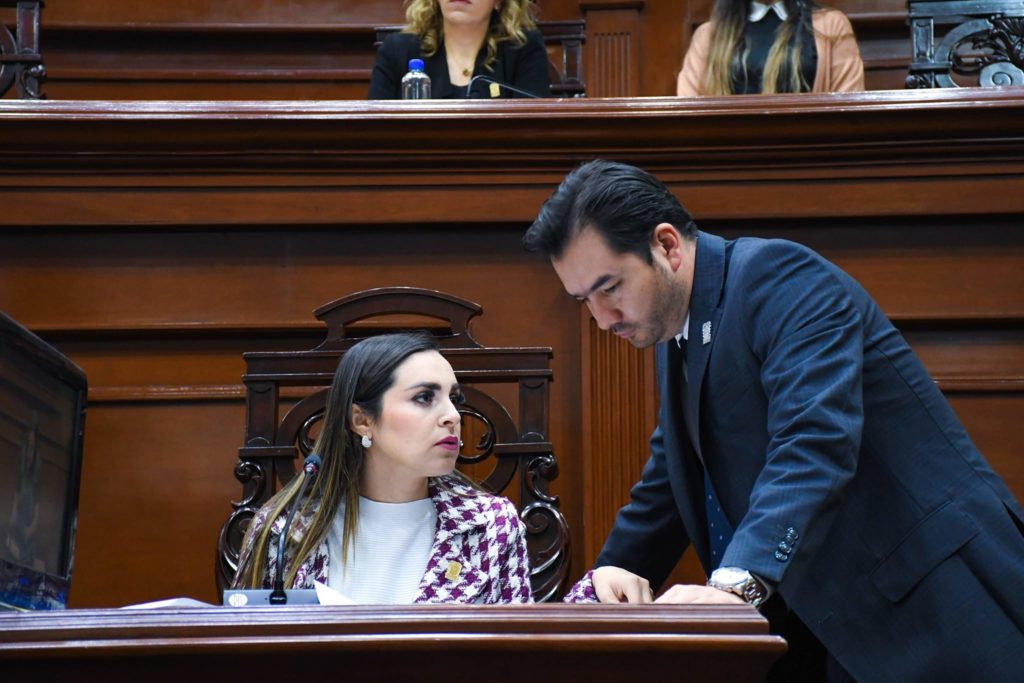Aguascalientes Opina – December 19, 2024

The recently approved 2025 economic package by the State Congress of Aguascalientes presents a façade of social commitment and prioritization of essential areas such as security, education, and health. However, a critical analysis reveals several points that deserve attention and questioning, especially in a context where political discourse often contrasts with the reality of resource execution.
Firstly, the 6% budget increase compared to the previous year seems modest when considering the projected inflation and growing social demands. While the 25.25% increase in security is highlighted, one must ask whether this increase genuinely responds to a thorough diagnosis of the state’s needs or is merely a reactive strategy to address rising perceptions of insecurity.
In education, the 46.51% increase for institutions like the Universidad Tecnológica Metropolitana is commendable in percentage terms. Similarly, the health sector benefits from an additional $179 million. With this investment, along with contributions from the Mexican Social Security Institute, Aguascalientes will likely see a significant boost in medical tourism. However, it remains to be seen if these resources will translate into tangible benefits for local citizens.
On the other hand, the stark differences in federal contributions to municipalities such as San Francisco de los Romo (45.46%) and San José de Gracia (27.82%) highlight an unequal allocation that raises questions. What is the project for the use of these public funds? These two municipalities, at the very least before heading into the December holiday break, are immediately obligated to detail and make their 2025 government plans transparent.
As for the reforms to the Security and Social Services Law, the goal of guaranteeing affiliations and benefits sounds promising, but the real challenge will lie in the effective implementation of these measures in an environment where legislative promises often remain unfulfilled.
Finally, the constitutional amendments aimed at strengthening the Judiciary serve as a reminder of the urgent need to modernize this pillar of the state. However, any real change will depend not only on the reforms themselves but also on the political will to ensure their proper application.
In conclusion, while the 2025 economic package and approved reforms present a narrative of progress and attention to citizens’ needs, it is crucial that society and the media maintain a critical watch over their execution and results. Experience has taught us that good intentions reflected in numbers and laws only hold value if they translate into concrete actions that improve the lives of the people of Aguascalientes.
Something happened. After this revelation, it becomes incomprehensible why an effort was made to prevent Alejandra Peña from being sworn in as a deputy. Given the overwhelming majority held by the PAN in Congress, her participation would likely have been similar to that of the small Morena bloc, without significantly altering the legislative dynamic. This raises the question: could the incident involving the former councilor and now deputy be more of an internal issue within her own party?
Ultimately, the controversy came to light thanks to the always controversial Alan Capetillo, not through Morena or what would have been her parliamentary group. This not only highlights internal tensions within the party but also the apparent lack of support for Alejandra Peña at a key moment in her legislative participation. The fact that Capetillo denounced the incident, loudly labeling it as an act of political gender violence, adds an uncomfortable nuance: was this really an external attack, or are we witnessing a deeper internal conflict within Morena? This episode underscores the need to reflect on true party cohesion and the commitment to political equity in the state.
In time… and in your opinion.



